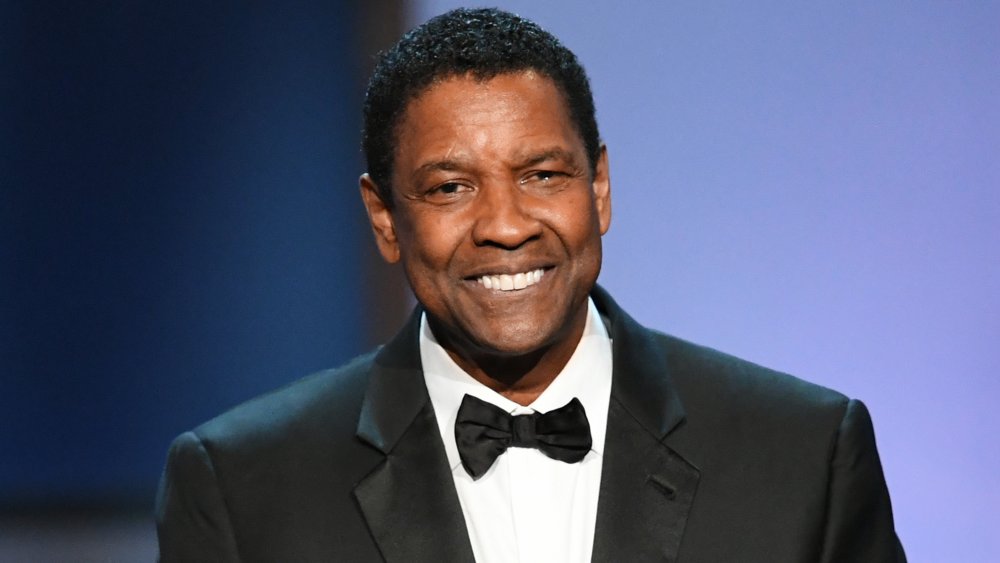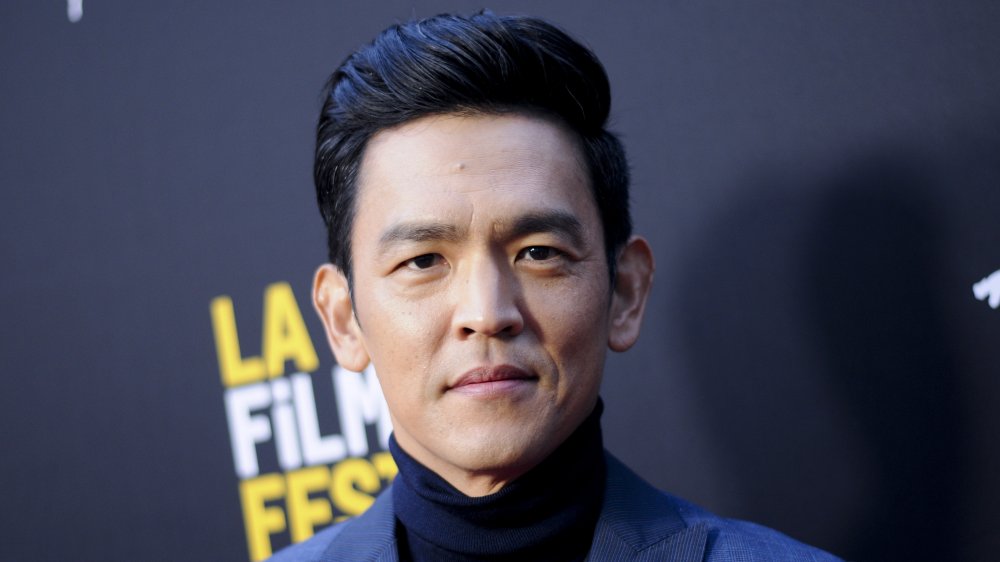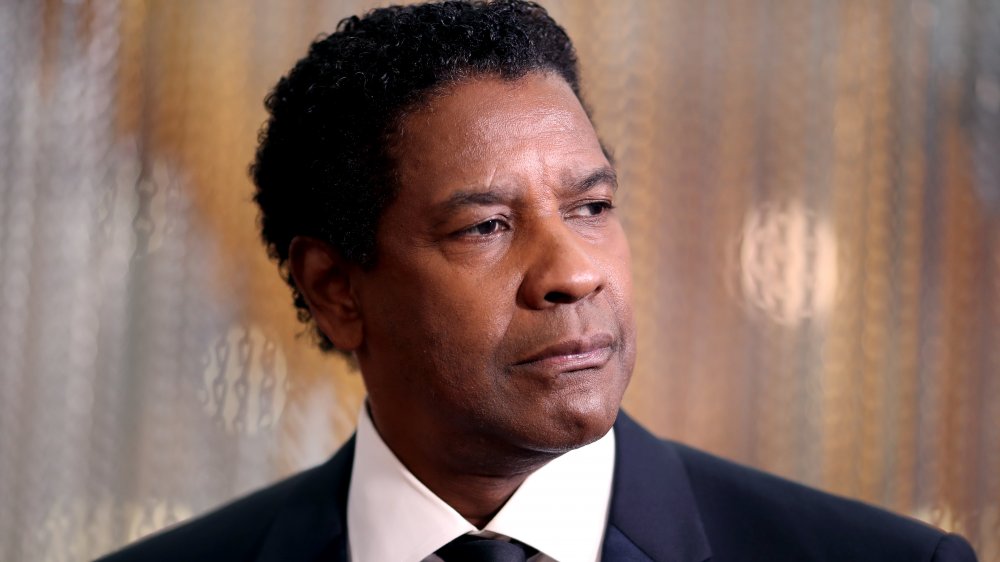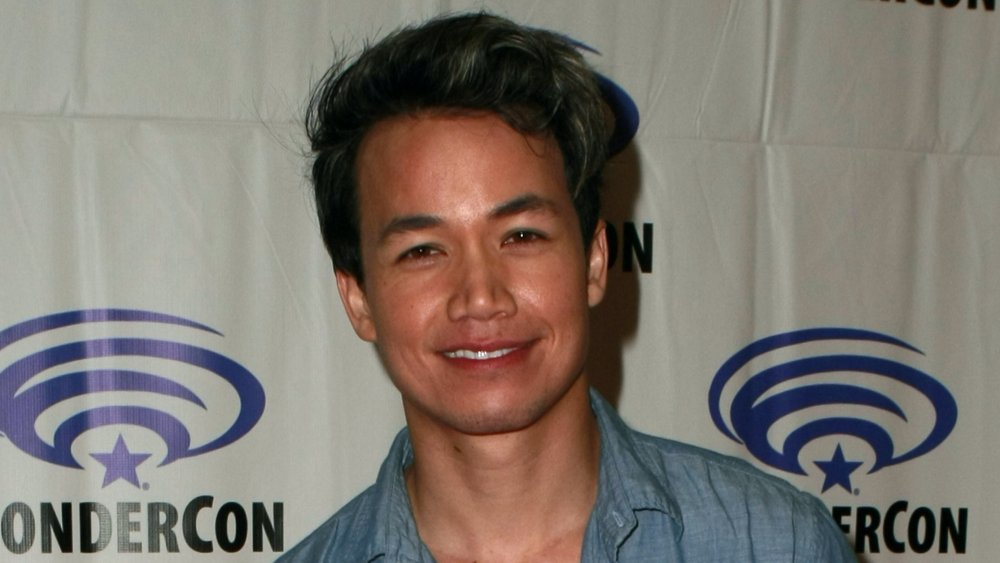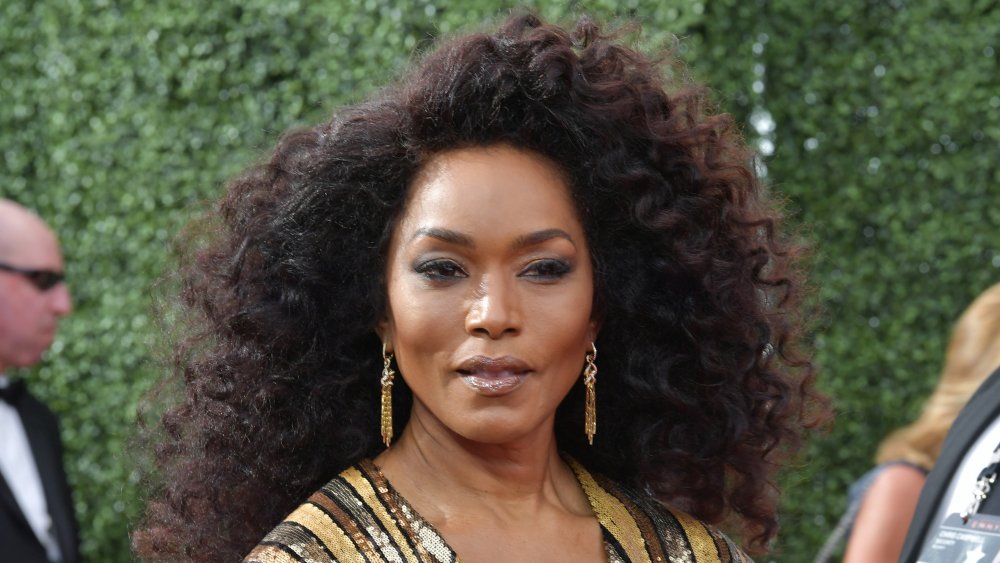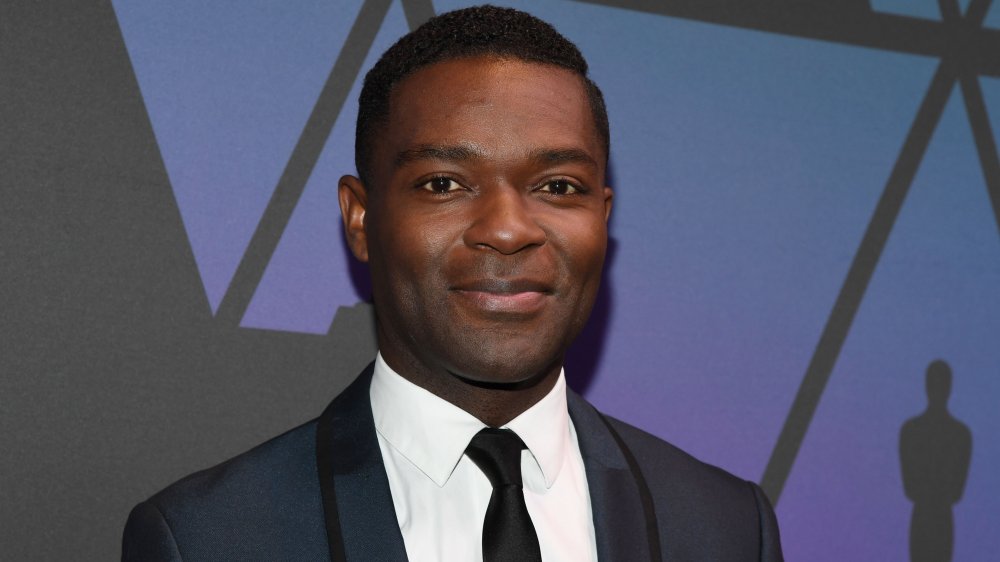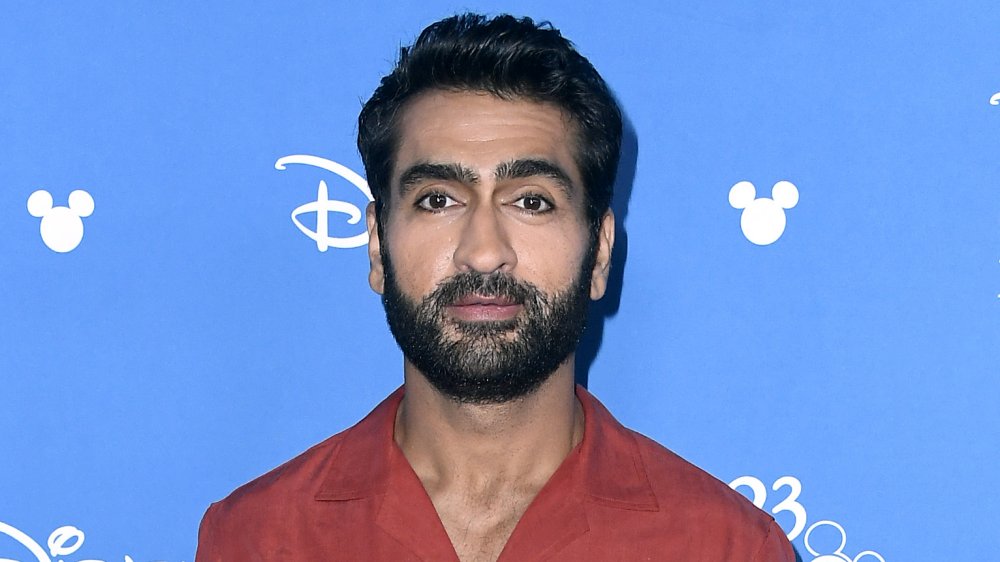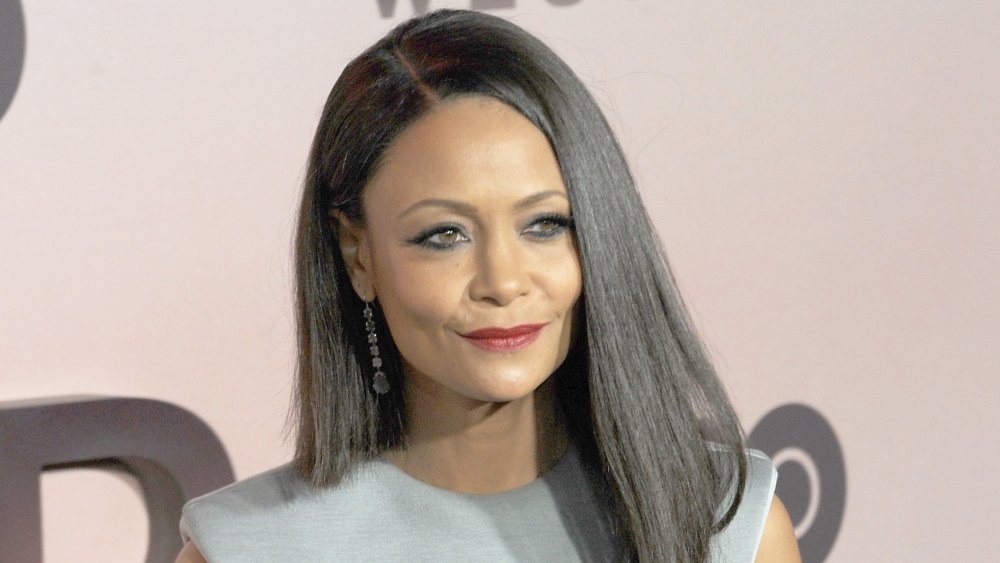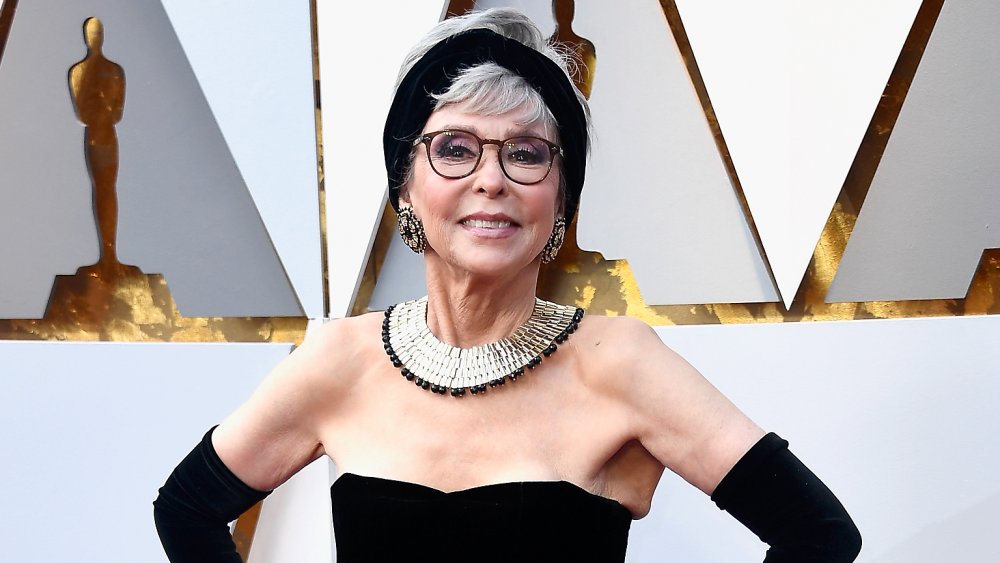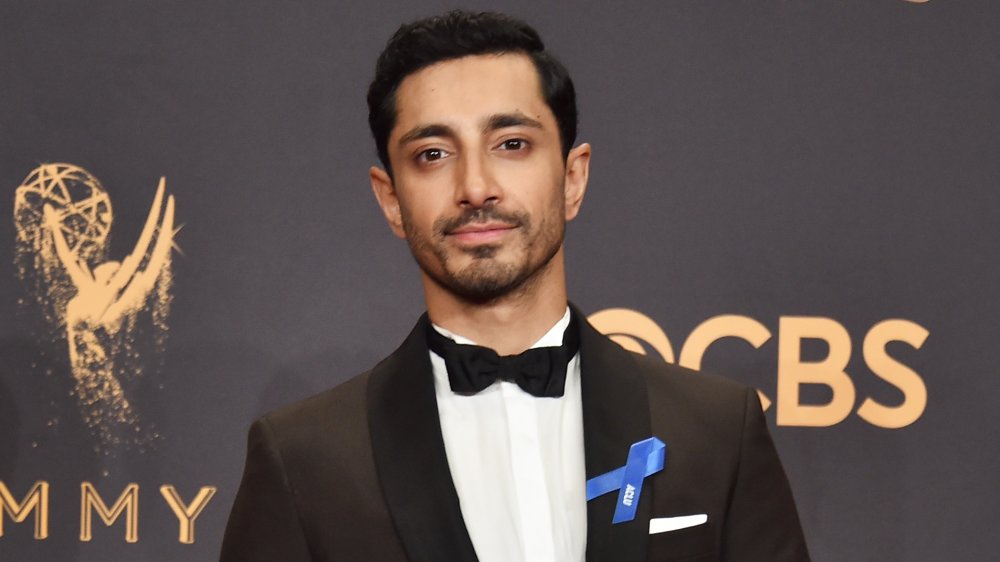Actors Who Refused Stereotypical Roles
It's not exactly a secret that television and film have perpetuated racial stereotypes onscreen for generations. The debate about actors playing into them has equally raged on, particularly among people of color, ever since Lincoln Perry — who adopted the stage name "Stepin Fetchit" — became the first Black movie star for his controversial role as "The Laziest Man in the World" in the 1927 silent film, In Old Kentucky. Though some have argued that Perry was actually portraying the part subversively, many others have viewed his performance as irresponsible.
These days, on-screen stereotypes are more subtle and insidious. As many filmmakers have continued to create and cast stereotypical roles, it has forced actors of color to make some difficult decisions: Do they accept the parts and plausibly advance their careers, or resist the potentially damaging representation and turn them down? Speaking at the 14th Annual Black Enterprise Conference in 2010, director Spike Lee addressed the situation facing Black actors in particular: "This is a complex subject, because each artist should be allowed to pursue their artistic endeavor. But I still think that a lot of stuff that's on today is coonery buffoonery ... We can do better."
Yet, not every actor of color has taken their contributions toward on-screen racial representations lightly. While actors refuse roles all the time in Tinseltown, over the years, several stars have fought against racism in the entertainment industry by passing on offers they felt were harmful to their communities.
John Cho refuses roles with big fat accents
In an industry that either forces Asian-Americans into playing ugly stereotypes or into "symbolic annihilation" (via GQ) from television and movie screens, John Cho has managed to craft himself a reputable and relatively stereotype-free career. In the magazine's 2016 piece, "How John Cho Defeated the Asian-American Actor Stereotypes," writer Kevin Nguyen explores how the actor side-stepped playing into racist representations in seven of his most famous on-screen parts.
For one of those movies, Big Fat Liar, Cho was asked to audition for a character with a heavy accent — a request that he rejected. "I don't want to do this role in a kid's comedy, with an accent, because I don't want young people laughing at an accent inadvertently," he explained in an Ask Me Anything (AMA) on Reddit. To Cho's surprise, the director of the film, Shawn Levy, agreed, saying, "Well, we'll get rid of the accent then. Come in and we'll develop a different character."
Throughout his career, Cho has been remarkably consistent in his stance. According to GQ, the Star Trek actor has never put on an accent for any role. "I experienced racism, and in my professional life, I try to take roles ... that don't fall within the parameters of any Asian stereotype," Cho revealed in his Reddit AMA. "... So maybe in some bizarrely tiny way that helps people not think of Asians in one particular way."
Denzel Washington's career took a different direction
Denzel Washington is one of the greatest actors in history and has been recognized as such, winning two Academy Awards for his on-screen work. Incredibly, he's managed to wrangle his accolades and create a truly awe-inspiring career from within an industry that has historically minimized opportunities for (and achievements of) people who look like him.
However, Washington has had to be careful while cultivating his path as one of the most recognizable names in the industry, especially early in his career. During a Times Talk interview in 2012, he explained how Sidney Poitier once advised him to choose his first few roles wisely in order to control how Hollywood perceives him. "I got a part in a movie in 1986. I call it the N***a They Couldn't Kill," Washington explained. "... He raped a white woman. And they tried to electrocute him, but it didn't work, and he became a cult hero ... Then they tried to hang him." Understandably offended by the role, Washington turned it down, adding, "Six months later, I got Cry Freedom and got an Oscar nomination ... My whole career could have gone an entirely different way."
Yet, while Washington's career has been extraordinary, not everyone is convinced his roles have risen above racial stereotypes. Robert Hill of the Pittsburgh Post-Gazette has argued that both of the actor's Oscar wins were for stereotypical roles, playing "the angry slave soldier in Glory ... and the homicidal-cop lunatic in Training Day."
Shannon Kook is more than a number
Best known for playing Jordan Green in The 100, Shannon Kook may not have A-list credentials yet, but that hasn't stopped him from thinking about the impact he can have on the entertainment industry. In 2019, he sat down with Digital Spy and spoke about being a visible minority in Hollywood, the responsibility he felt to aim for fair representation, and how that has helped him navigate his career.
"I've definitely carried it forward into every role I approach," Kook said. "You get caught in a corner a lot of the time. I have been expected to be a certain stereotype of what an Asian man is. For years. And I've turned down many roles or I've played roles differently." The actor, who is of Mauritian, Chinese, and mixed South African descent, added, "I find a lot of the time that the industry is expecting me to be a diluted version of myself to fit what they have portrayed as what Asian men are ... [and] also mixed people."
Kook explained, "I think mixed people have a very muted voice at the moment, because there's such a pressure to be ethnic or not ethnic that it's so easy for mixed people to have no identity."
How Angela Bassett turned the Oscar-winning role down
When Halle Berry took home the Academy Award for best actress for her performance in Monster's Ball, she partly dedicated it to the "women that stand beside" her, naming a few actresses, including one Angela Bassett. Speaking to Newsweek in 2002 (via Entertainment Weekly), Bassett was grateful for the mention in Berry's speech and happy for her on-screen success ... but claimed that she was offered that role and turned it down because of what she believed it represented for Black women.
"I wasn't going to be a prostitute on film," Bassett explained. "I couldn't do that because it's such a stereotype about Black women and sexuality." While it should be noted that the character wasn't actually a sex worker, but rather a waitress and grieving mother who has an affair, Bassett added, "Film is forever. It's about putting something out there you can be proud of 10 years later. I mean, Meryl Streep won Oscars without all that."
Bassett was previously nominated for an Oscar for her performance in the 1993 film, What's Love Got To Do With It. Unfortunately for her, the recognition didn't give her career the boost you might think it would. "I didn't work again for another year and a half," the Black Panther star said. "I guess I was pretty naive to think it would be different — that it was just about the talent — particularly for someone who looks like me. You forget that sometimes."
David Oyelowo turns down stereotypical roles to 'be part of the solution'
After his mesmerizing performance as Martin Luther King Jr. in 2014's Selma, David Oyelowo appeared primed for his turn as a leading man in Hollywood. Since then, however, his resume has not necessarily reflected those predictions. According to him, that might be partly because of the roles he's being offered — parts that don't allow him to represent himself and his race fairly.
"I live my life from the perspective of I must be part of the solution and not the problem," Oyelowo told Access Hollywood in June 2020. "... I think one of the privileges I don't have is to just do any role I want, because I know that playing certain roles perpetuate stereotypes and perpetuate mindsets people have about Black people that is not helpful to all of what we're talking about. ... I turn down about 80 percent of what comes my way for that reason, because I understand the power storytelling and images has on culture."
Oyelowo recalled a discussion with a Black police officer that affirmed he was making the right career decision. "He thanked me for some of the films I make," the actor said, explaining how pop culture media shaped preconceived notions some of the cop's white colleagues had about interacting with Black people. "And so those images, whatever they are, if that is informing how you see Black people, then what I do for a living, for some people, is life or death."
Kumail Nanjiani isn't interested in playing 'stereotypical brown guy roles'
Kumail Nanjiani has transitioned from "scene-stealing bit roles" to award season hopeful with The Big Sick to the star of his own superhero film, Eternals. For him, one of the best parts of finding success is getting to audition for parts beyond "stereotypical brown guy roles," as he calls them.
"I have a Pakistani accent, but they would be like, 'Could you make it funnier? Lean in a little bit.' And at some point, I decided I just wasn't going to do that," Nanjiani said during a Variety "#REPRESENT: Success Stories" talk in May 2020. "There are certain parts that require a thicker Pakistani or Indian accent, and that's totally fine, but I just didn't want the comedy to just be coming from someone exaggerating their accent."
There was one "really, really big" film in particular that Nanjiani lost out on, partially because of his insistence on speaking in his own voice while auditioning for the role of a taxi driver. "The director was like, 'Hey, could you, like, play up the accent a little bit,' and I was like, 'I'm sorry. I won't,'" he explained. "And then the guy felt really bad. He felt really embarrassed." Though he didn't specify which film, Nanjiani previously confirmed that he'd auditioned for Deadpool during a similar discussion for on his former podcast. It's a possible match, especially since he admitted that the "movie was hugely successful," but added with a laugh, "Still, I don't regret it."
Thandie Newton has experienced different shades of racism
Thandie Newton has seen race come into play in various ways in her career — thought she once rejected the idea that her identity could impact her on-screen opportunities. "I don't even use the term 'race,'" she told The Guardian in 2016, adding, "I resisted it ... And then I had to accept it."
Speaking openly about how she's benefited from a colorist industry that favors light over dark skin, Newton told Vulture in July 2020, "Nowadays, there is regret for me. I recognize how painful it is for dark-skinned women, particularly, to have to deal with being substituted or overlooked. ... To see a woman of color, to see that dark skin, that beautiful chocolate skin, my mother's skin, onscreen ... It's holy."
The Westworld star has also turned down roles to combat racial stereotypes, such as when controversial studio executive Amy Pascal asked for Newton's "educated" character in 2000's Charlie's Angels reboot to be rewritten to be a more "believable" Black woman. Yikes. "I'm like, 'I've been to university. I went to Cambridge.' ... She's like, 'Maybe there could be a scene where you're in a bar and she gets up on a table and starts shaking her booty,'" Newton said of Pascal. "She's basically reeling off these stereotypes of how to be more convincing as a Black character. Everything she said, I was like, 'Nah, I wouldn't do that.'"
Rita Moreno suffered a post-Oscar hiatus
In recent years, Rita Moreno has found a new home that embraces her properly and respectfully in One Day At a Time, but it hasn't always been that way for the legendary EGOT winner. In 1961, she won an Academy Award for her role as Anita in West Side Story, becoming the first Hispanic performer to receive the honor. It would make sense that she would then be bombarded with high-quality roles. Instead, nothing really changed, and she was still pressured to play a caricature of herself.
"What is interesting to me is having the vision so early and yet feeling so inferior to everybody else in the business for years and years because I believed I had to be subservient to anybody who wasn't Latino," Moreno later told The Miami Herald in 2008 (via LatinAmericanStudies.org). "Before West Side Story I was always offered the stereotypical Latina roles. The Conchitas and Lolitas in westerns. I was always barefoot. It was humiliating, embarrassing stuff. But I did it because there was nothing else. After West Side Story, it was pretty much the same thing. A lot of gang stories."
What winning did give Moreno, however, was the strength to turn these roles down. ”Ha, ha. I showed them," she sarcastically said. "I didn't make another movie for seven years after winning the Oscar."
Riz Ahmed would 'rather be broke' than play stereotypical roles
Compared to some of his more critical peers, Rogue One star Riz Ahmed believes that the entertainment industry is moving forward when it comes to accurate racial and cultural depictions on screen.
"When you first start seeing gay characters in mainstream cultures or Black characters or Muslim characters, they can start off as the stereotypical portrayal — it's the cab driver, the shopkeeper, the drug dealer," Ahmed said during a 2017 roundtable discussion for The Hollywood Reporter. "And then sometimes, hopefully, you move beyond that, and it's still storylines that are tied to that character's ethnicity or their sexuality, but they're working against those stereotypes." He added, "I was lucky that I came into the game just when we were moving from that stage one caricature into stage two. So a lot of my early work deals with the issues around the war on terror or Islamophobia, but I'm proud to say it deals with and engages those issues in creative ways."
Ahmed was lucky and talented enough to land roles that allowed him to make a positive contribution to the advancement of racial representation, but he still had to wade through the borderline or blatantly racist offers first. "Yeah, there was a lot of, like, Terrorist No. 3 stuff," he admitted, referring to the character names he could have played. "I just made a decision I wasn't going to do it. I thought, I'd rather be broke."

